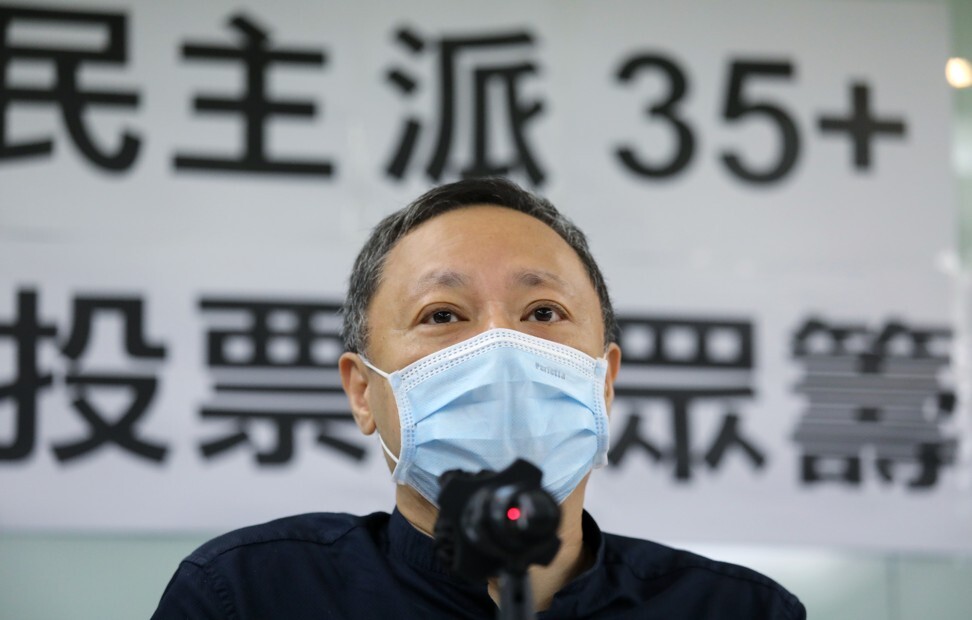
Hong Kong elections: Beijing accuses Occupy protest leader Benny Tai of breaking national security law through primary poll
- Hong Kong and Macau Affairs Office also says organiser Benny Tai ‘illegally manipulated’ the city’s election system, acted as political agent for foreign forces
- Some 610,000 Hongkongers voted last weekend to determine who gets the opposition ticket for the Legislative Council elections in September
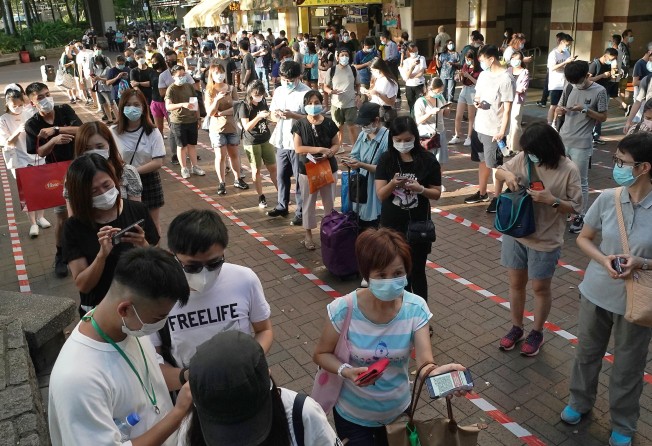
Beijing has issued its strongest condemnation yet of a controversial election primary held by Hong Kong’s opposition parties, singling out organiser and long-time activist Benny Tai Yiu-ting, whom it accused of “illegally manipulating” the city’s polling system, challenging the new national security law and acting as a political agent for foreign forces.
In a scathing statement on Tuesday, the cabinet-level Hong Kong and Macau Affairs Office (HKMAO) lashed out at those behind last weekend’s unofficial polls, when 610,000 Hongkongers voted to determine who should get the opposition ticket for the Legislative Council elections in September.
Hong Kong leader Carrie Lam Cheng Yuet-ngor and Beijing’s liaison office in the city on Monday had already accused the opposition of trying to take control of the legislature to vote down the budget and paralyse the government, in what they described as a coordinated ploy to subvert state power.
“[We] strongly condemn the so-called ‘primary election’ organised by the opposition groups. The act is an unlawful manipulation of Hong Kong elections and a blatant challenge against the Basic Law and the national security law,” the HKMAO statement read, referring to the sweeping new legislation Beijing tailor-made for the city to outlaw acts of secession, subversion, terrorism and collusion with foreign forces to endanger national security.
Turning its ire on Tai, a legal academic and co-leader of the Occupy movement in 2014, the office suggested the primary he helped organise flowed from the anti-government protests sparked by the now-withdrawn extradition bill last June, describing him as “one of the culprits” behind the social unrest.
“Benny Tai was a key organiser of the ‘unlawful’ Occupy Central movement and an advocate of ‘Hong Kong independence’ and the scorched-earth mentality,” the statement read, accusing him of serving as “a political agent of foreign forces”.

Citing the opposition bloc’s goal of winning a majority in the legislature, Beijing’s top office overseeing Hong Kong affairs criticised its approach of trying to force chief executive Lam to accept the “five demands” repeatedly raised during the anti-government protests over the past year. It accused the bloc of having the ultimate aim of overthrowing the government.
“Under the guise of ‘safeguarding a high degree of autonomy in Hong Kong’, they are actually trying to use the so-called ‘public opinion’ to harm the country and disrupt Hong Kong, turning Hong Kong into a base for ‘colour revolution’, infiltration and subversion activities against the country,” the statement read, using the term coined for the Eastern European uprisings of the early 2000s.
The office slammed the primary process for “misleading” voters, and warned it could be in breach of the national security law, which took effect on June 30, and the privacy ordinance regulating the collection of personal data.
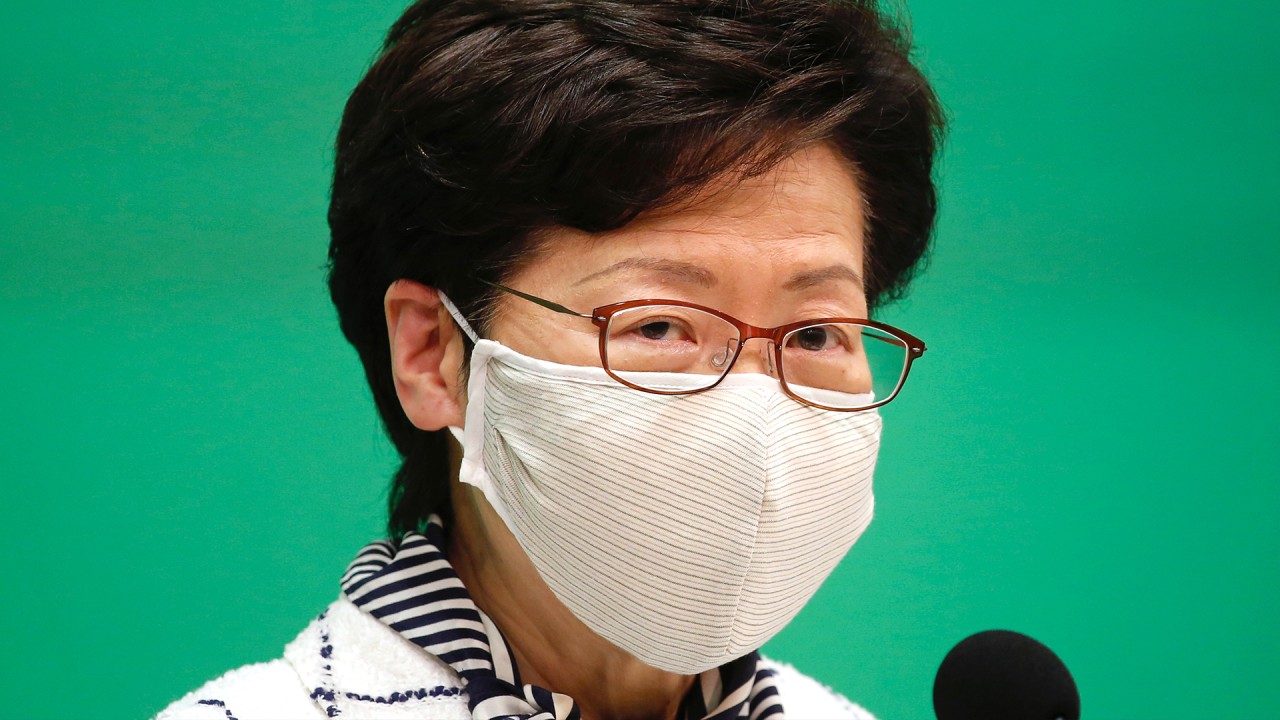
01:59
Hong Kong leader Carrie Lam says primary election might have violated national security law
Tai rejected the allegations as “nonsense, groundless and absurd”.
“I hope that the central government can see that 610,000 Hong Kong people have only used a peaceful and rational way to express their views through voting,” he said. “If even they could be condemned as breaching the law, it will make governance even more difficult in the future and will provoke even more radical protests.”
Tai said the primary was organised using local resources and losing candidates were free to run in September’s Legco elections without any form of coercion.
The opposition camp has previously organised smaller-scale primaries for chief executive polls and by-elections for the legislature, but it is the first time one has been held for all five constituencies ahead of the Legco elections.
Rejecting the accusations of subversion, Tai said legislators had the constitutional power under the Basic Law to veto the budget and hold the government accountable.
“It is absurd to allege this as subverting the state. Also, the allegation ignores the clear wording of the Basic Law,” he said.
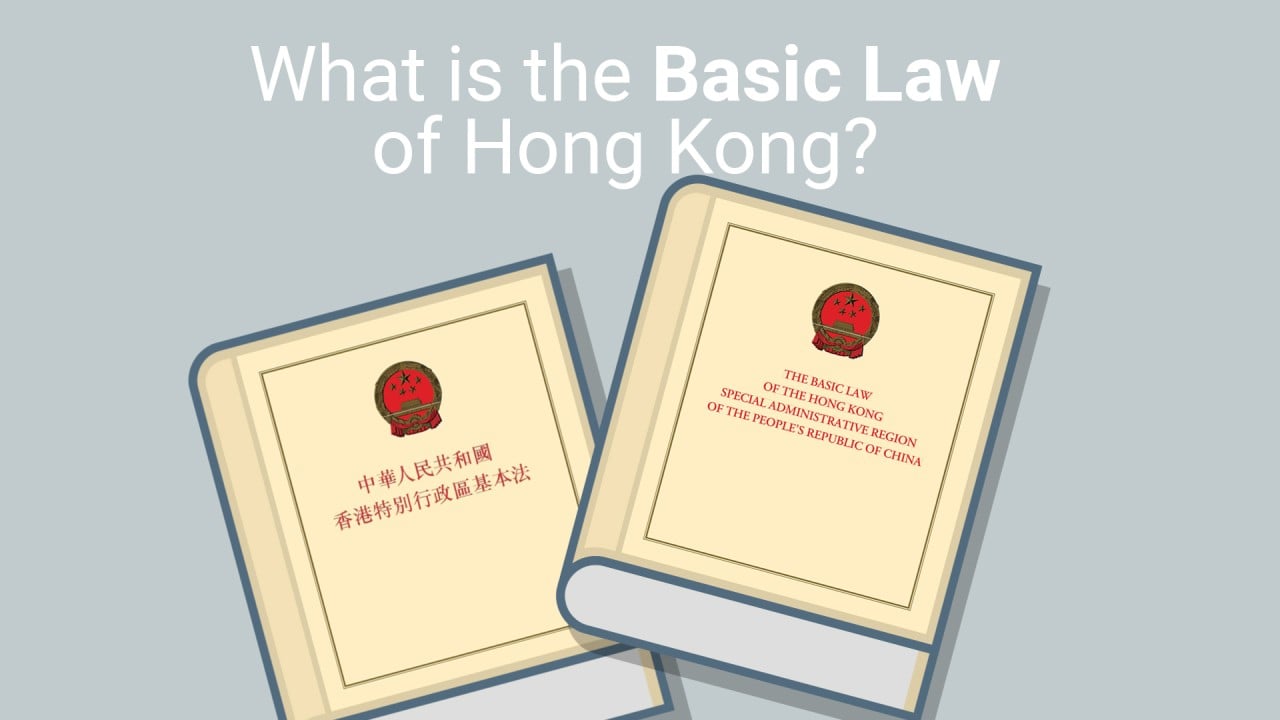
02:31
What is the Basic Law of Hong Kong?
Tai, who served time in prison for his role in the Occupy protests, had said previously that securing a simple majority in the 70-seat legislature could be used by the opposition as a “constitutional weapon”, allowing them to veto the annual budget and force the government to bow to their demands.
Should the chief executive respond by dissolving Legco in accordance with the Basic Law, Tai wrote in his newspaper column, the public would have another chance to vote in fresh elections.
Winning another majority in this way would force the chief executive to resign as leader to resolve the deadlock, Tai predicted, adding this system of checks and balances was provided for in the Basic Law.
University of Hong Kong principal law lecturer Eric Cheung Tat-ming said he could not see how lawmakers acting with a mandate and exercising their rights under the Basic Law, the city’s mini-constitution, could fall foul of the subversion offence under the national security law.
Barrister Ronny Tong Ka-wah, a government adviser sitting on the Executive Council, said the Basic Law specifically provided for the chief executive to dissolve Legco if it refused to pass important legislation, including the budget, suggesting voting down bills in this way was not illegal.
He added he could not see how privacy laws could be broken, although he warned of possible violations under the Elections (Corrupt and Illegal Conduct) Ordinance.
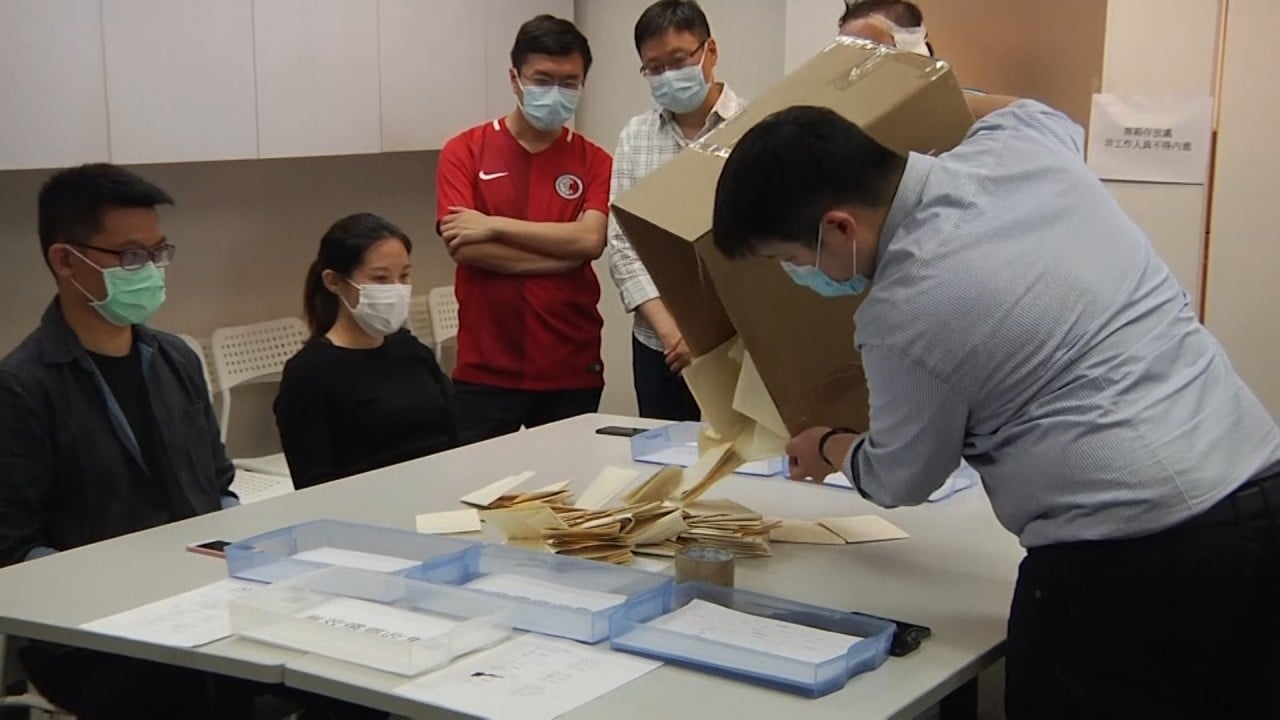
02:07
More than 610,000 vote in Hong Kong’s pro-democracy opposition primary elections
Au Nok-hin, a co-organiser of the primary, said he was disappointed and puzzled at the accusations levelled by the two Beijing offices. "It is completely groundless. It is just a locally-organised coordination among our camp,” he said.
Also on Tuesday, a spokesman for the Electoral Affairs Commission made clear the primary would not form any part of the Legislative Council elections.
But he warned that anyone who bribed, used force and duress, or resorted to deception to affect a person’s candidacy would be committing an offence, punishable by up to seven years in jail and a fine of HK$500,000 (US$64,500).
Anyone doing so might also be committing an offence under the national security law, the spokesman added.
A spokesman for the Privacy Commissioner for Personal Data said they had received six complaints since July 7, all relating to the primary and referring to excessive collection or the misuse of personal data.
The commissioner’s office was following up on the complaints but could not reveal details, he said.